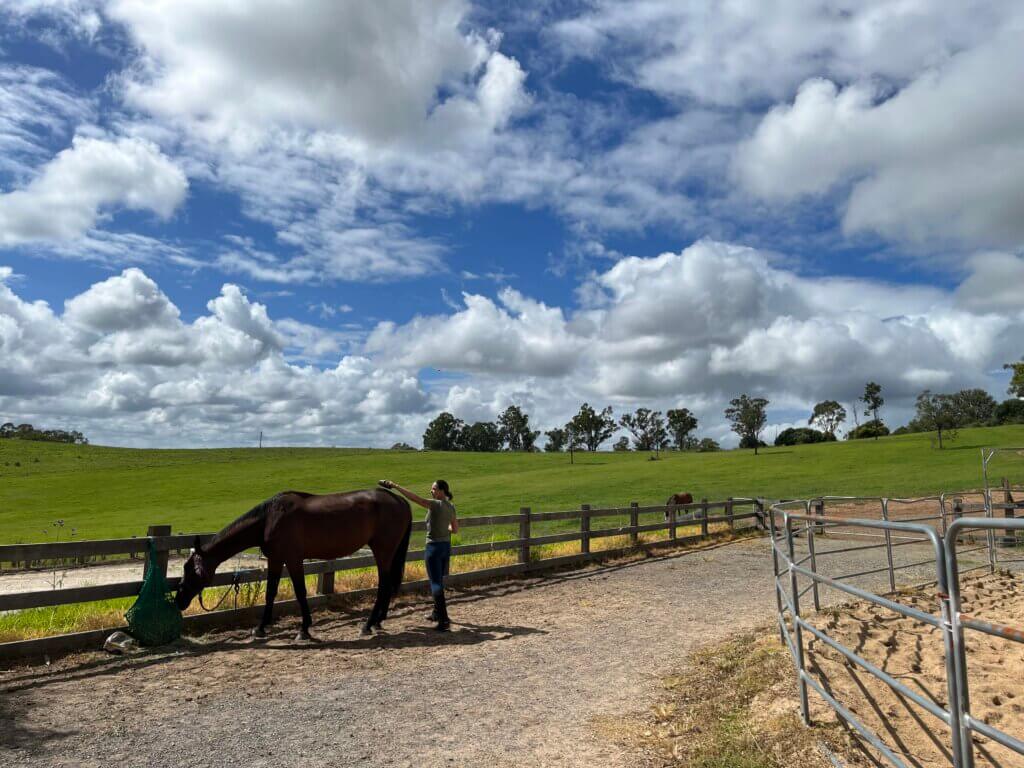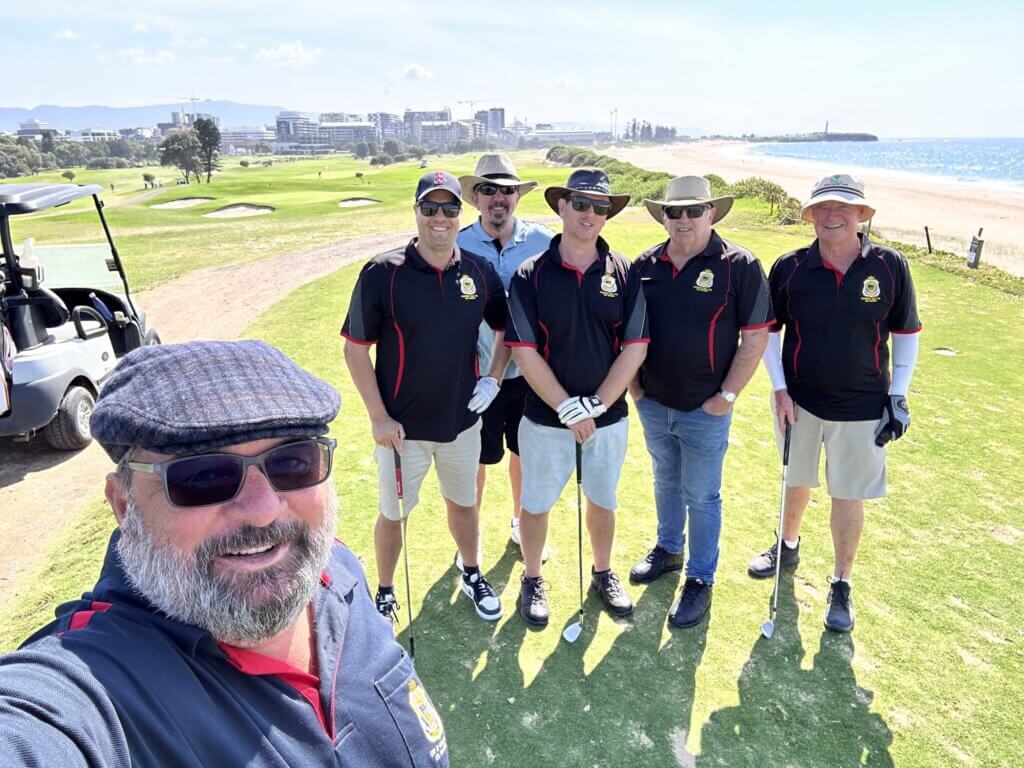5 mental health tips for veterans and their families

A range of practical ways that veterans and their family members can address mental health, including numbers you can call today for assistance if you need.
By Lachlan Haycock
At a glance:
- We’ve outlined hotlines designed specifically for veterans and their families.
- Being proactive about understanding mental health can mean knowing risk factors and encouraging prevention.
- Another helpful technique is joining a community of like-minded people who have a good understanding of your experiences.
Changes in lifestyle – such as transitioning out of Defence, finding a new job or moving house – can often have a large impact on mental health on veterans and their families.
RSL NSW is committed to supporting the wellbeing of its members, and all veterans and their families in the wider community.
Here are numbers you can call today for assistance if you need, and a range of practical strategies to assess and improve mental health.
1. Make a call
The following helplines are designed specifically for veterans and the family members of veterans:
- Open Arms 24-hour Support Line (1800 011 046)
- Australian Defence Force (ADF) All Hours Support Line (1800 628 036)
- Defence Family Helpline (1800 624 608)
Other general helplines include:
- Lifeline 24/7 Crisis Support (13 11 14)
- Suicide Call Back Service (1300 659 467)
2. Access essential services
Open Arms provides counselling for individuals, couples and families; group treatment programs and educational workshops; peer advisory; and a range of self-help tools. Although the service was founded by Vietnam veterans, it now exists for all veterans and families.
RSL NSW’s charity partner RSL LifeCare Veteran Services offers on-the-ground support for veterans via a statewide network of Veteran and Family Hubs; free advocacy, claims and appeals support that assists veterans making a claim with the Department of Veterans’ Affairs; and a range of wellbeing activities such as the Spur Ranch Equine Program.

Spur Ranch is situated about an hour southwest of Sydney.
Although not specifically geared towards veterans, the Australian Government’s Head to Health outlines information that educates about living well and dealing with unexpected events, and aims to connect individuals with health professionals.
3. Talk to a trained professional
The Australian Psychological Society recommends the services of a qualified psychologist who can help talk through your mental and social wellbeing. You can:
- Use the Australia-wide Find a Psychologist service
- Call 1800 333 497
- Ask your GP or another health professional to refer you
After a short assessment, your local GP can set up a Mental Health Treatment Plan for you or a family member.
Read how the Castle Hill RSL Auxiliary fosters community through social events.
4. Get active
Another helpful technique is joining a community of like-minded people who likely have a better understanding of your past and current experiences than the general public.
The RSL NSW Sport & Recreation Program, going strong in its third year, is a social connection and wellbeing program inclusive of all veterans and their families.

Members of the City of Wollongong RSL sub-Branch enjoy a golf day.
RSL sub-Branches across NSW organise family-friendly social activities that get the community involved, foster bonds of camaraderie and promote physical activity.
5. Be proactive
According to a Mental First Aid Australia report, being proactive about understanding mental health involves knowing your “risk factors”, and encouraging prevention and management of your mental health.
This can be especially important for older men; the report states that older men have “a unique set of impacts that can increase their risk of poor mental health outcomes, social isolation and suicidality”.
Risk factors – triggers that may adversely affect your mental health – could include:
- Changes in relationship status
- Changes in your financial situation
- Physical illness or pre-existing health issues
- Encouraging prevention includes:
- Building strong social networks
- Participating in community
- Staying active in mind and body
- Learning new skills
- Connecting to culture
- Maintaining a growth mindset
RSL NSW is committed to continue providing essential support and services to veterans and their families. RSL sub-Branches donated $3.3 million in 2023-24 to RSL LifeCare Veteran Services, the charity partner of RSL NSW, to support the delivery of free services to veterans and families, including via the statewide network of Veterans’ and Families’ Hubs.






